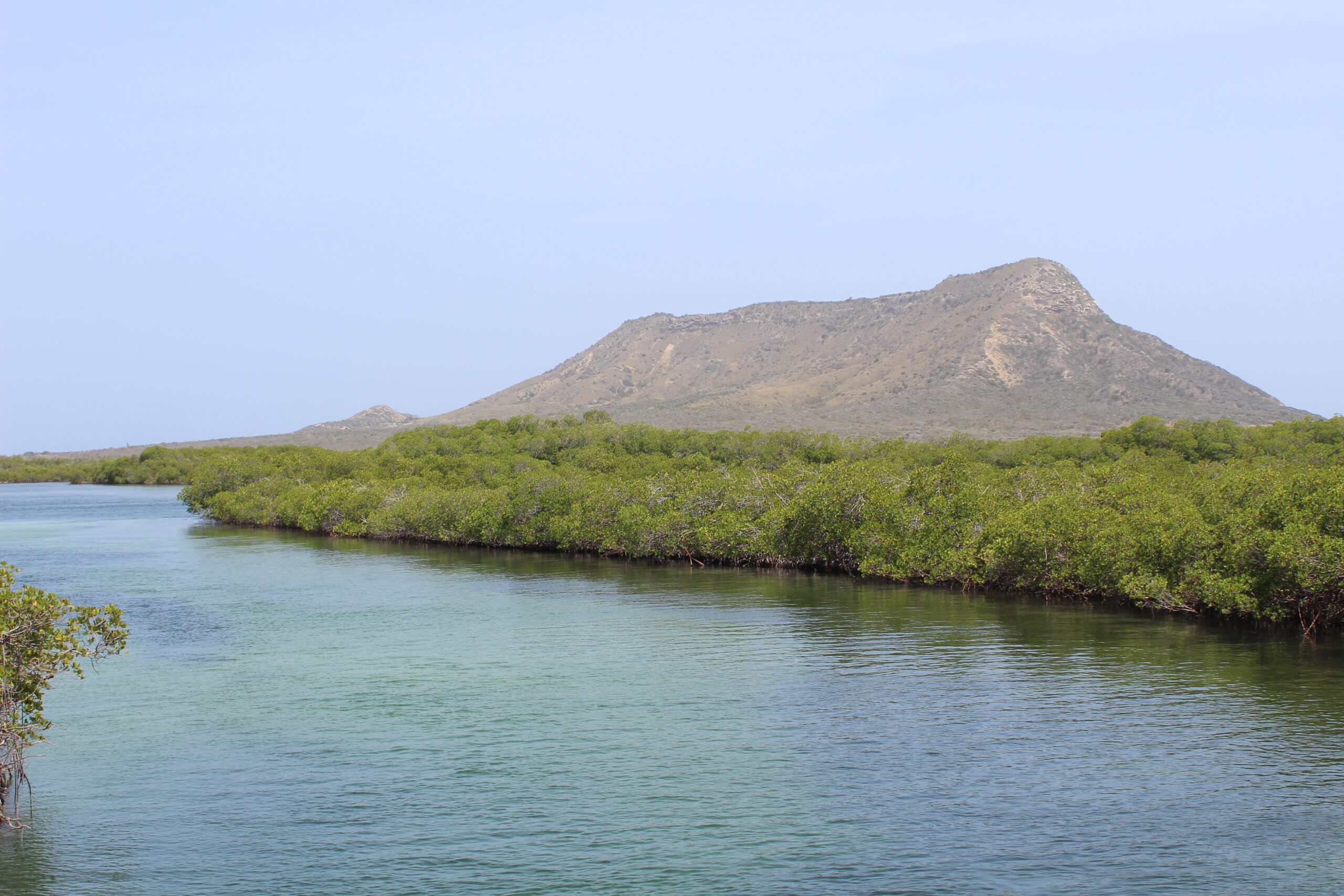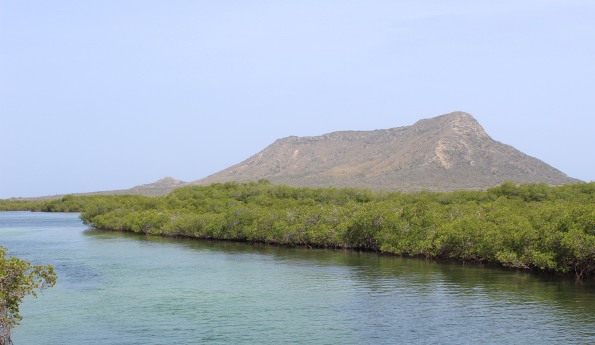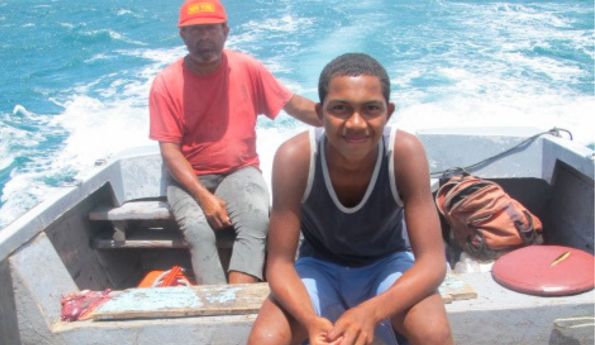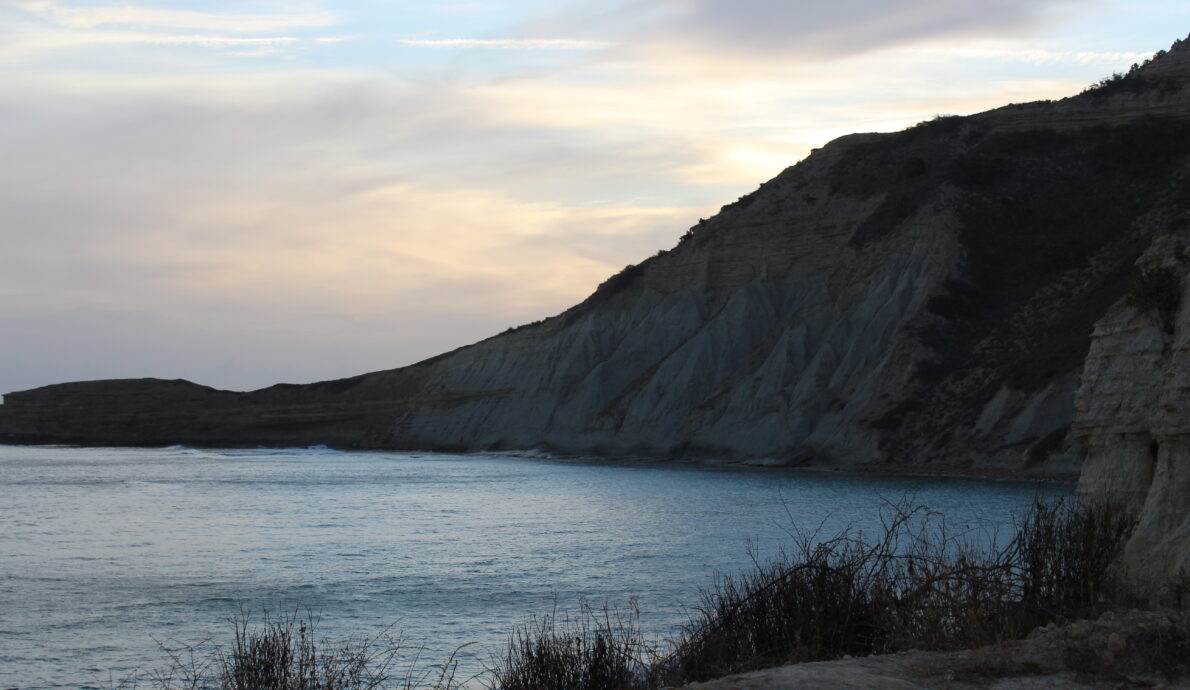Climate Adaptation Activity
Water Insecurity Endangers the Dominican Republic's Rural Communities
Reliable access to safe water saves lives, improves livelihoods, and makes communities more resilient. While the Dominican Republic’s economic dependence on agriculture and tourism require effective natural resource management for the overall welfare of the population, the country is ranked as one of the world’s most vulnerable countries to climate change.
With tourism focused on coastal areas representing nearly 20% of the economy, current and future economic growth are dependent on the governments and the communities’ ability to effectively balance the social, economic, and environmental dimensions of water ecosystems. The livelihoods of many rural communities, however, are dependent on the country’s natural resources, vulnerable to the effect of climate change, and have limited access to climate information to reduce risk. Vulnerable communities, particularly those along the Dominican Republic-Haiti border, are among the poorest in the country and have the most limited access to basic services, including water. Water security indicators show that the country is approaching thresholds of water stress and is already experiencing water conflicts and shortages.
Climate change not only affects the welfare of Dajabón communities, but is also exacerbating cross-border conflicts, displacing people, and reversing development gains along the border. The increased frequency and severity of meteorological threats such as tropical storms, floods, reduced precipitation, and droughts—expected to worsen with climate change—is threatening water resources, reducing aquifer recharge and water availability, destroying farms and livelihoods, and exacerbating food security, especially for marginalized communities.

Mangroves in Montecristi, Dominican Republic.
Access to Safe Water Through a Localized, Inclusive Approach
In response to the acute challenges in Dajabón, there are strategic opportunities to build awareness, change extractive behaviors, and adopt data driven decision-making to increase water filtration, improve water resource management, reduce vulnerability to the effects of climate change, and mitigate degradation to natural resources, ultimately improving the quality of life for communities in a social, economic, and environmentally sustainable manner.
Through a participatory, co-created, and community-based approach, Counterpart and our partners will enable local civil society organizations, government, private sector, and communities to collectively overcome development challenges in Dajabón to reduce misuse of and pressure on ecosystems, while minimizing disruption to those whose livelihoods depend on them. The project will enable local partners with a long-term presence to deliver truly locally led and owned solutions along the Dominican Republic-Haiti border.
Our team will serve as a convener and facilitator of diverse stakeholders on both sides of the river whose collective participation will be vital for reducing pressures of key water sources, enhancing watershed governance, and strengthening adaptive practices to ensure reliable, clean, and abundant water in Dajabón.
Sustainable Solutions for Future Generations
Over the course of five years, the project will:
- Scale reforestation and forest cover through nature-based solutions across 20% of Dajabón
province, planting 1 million trees - Facilitate $20 million in supplemental financing for individuals, civil society, and private
sector to adopt climate friendly solutions that will generate transformative opportunities for
fueling green growth opportunities, particularly for women and youth - Invest in localized watershed governance models on both sides of the river that are inclusive,
operationally sustainable, and fully endorsed and valued by their respective communities - Empower local actors to utilize climate and hydrologic data to foster coordination and
decision-making at municipal and transboundary levels, particularly to withstand increasingly
devastating hydrometeorological events and strengthen resilience







